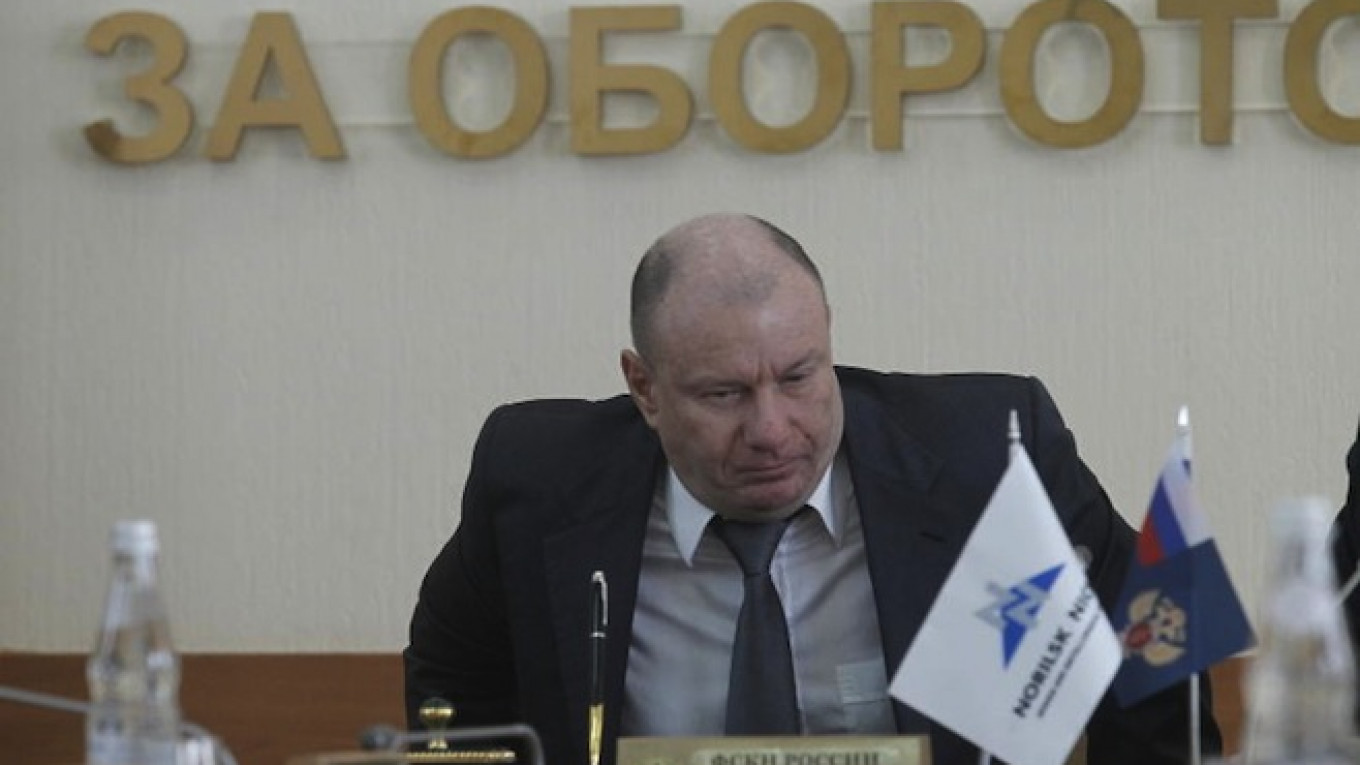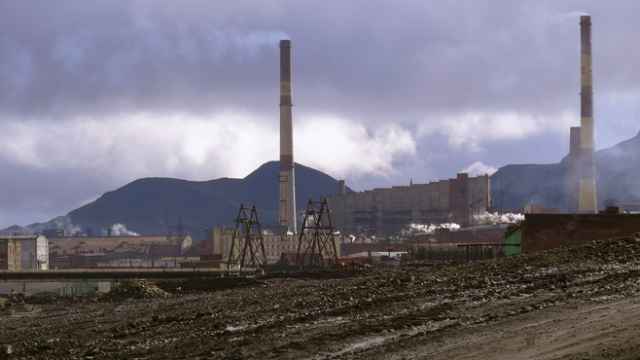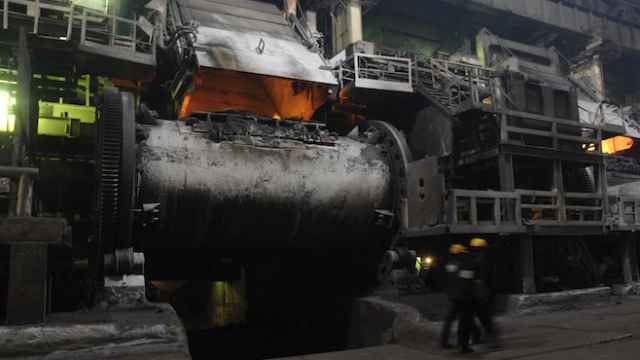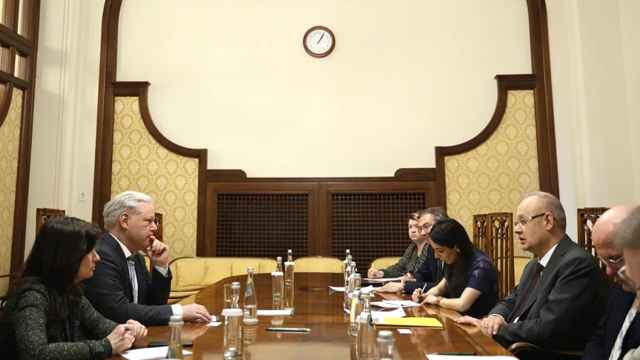NORILSK, Russia — Falling metal prices are being more than offset by the ruble slide, allowing Russia's Norilsk Nickel to maintain margins despite lower foreign currency earnings, its chief executive said.
CEO and co-owner Vladimir Potanin, Russia's eighth richest man with a $12.6 billion fortune from the world's largest nickel and palladium miner, said if metal prices remained at current levels, Norilsk's 2015 foreign currency revenues would decline from a year earlier to $10 billion.
But he said lower metal prices would not affect the company's earnings before interest, tax and depreciation (EBITDA) margin, which would exceed 40 percent this year. He did not provide data for 2014.
Many Russian companies have been hit by a downturn in the economy, suffering from weak oil prices and Western sanctions over the Ukraine crisis, but exporters are enjoying the 50 percent drop in the ruble since the beginning of last year.
Potanin said more important for his core business, based 300 kilometers (186 miles) inside the Arctic Circle where it is dark for more than a month in winter, were prices for the company's main metal products.
Nickel, which makes up the bulk of Norilsk's sales, has fallen more than 40 percent since May to $14,700 a ton, while copper prices hit a 5-1/2 year low of $5,548 a ton last week.
"The decline in nickel and copper is causing a revenue decline," Potanin told a briefing in Norilsk city late Thursday, where prisoners of Josef Stalin's labour camps built the first smelter in the 1930s.
"However, ruble depreciation is significantly compensating the price decline."
The mining giant, 30-percent-owned by Potanin alongside Oleg Deripaska's aluminium giant RusAl and powerful tycoon Roman Abramovich, is one of Russia's key exporters and needs to find a balance between satisfying shareholders and maintaining good ties with the Kremlin.
Late last year, the government told large exporters to sell foreign currency revenue on the domestic market regularly to try and support the sliding ruble, but Potanin said there had been no pressure to boost foreign currency sales.
Potanin said Norilsk's strategy of selling non-core assets to focus on large, low-cost Arctic production projects was unchanged and that there would be no change in its dividend policy following the ruble's slump.
Its dividends are an important income source for RusAl, which is also benefiting from the weak ruble but still has to service a $10-billion net debt.
According to Potanin, Norilsk, which is not under Western sanctions, can still access international capital markets and this year it will work on refinancing a $1-billion debt, which the $23 billion company should repay in 2016.
He also said the company, which mines 14 percent of the world's nickel and 40 percent of its palladium, could consider buying small volumes of its shares to support the price, but had no plans to launch an official buy-back programme.
Norilsk is still interested in buying palladium from Russia's Central Bank, Potanin said, adding there had been no reply from the bank on its offer. He hoped the ruble weakness might spur action.
A Message from The Moscow Times:
Dear readers,
We are facing unprecedented challenges. Russia's Prosecutor General's Office has designated The Moscow Times as an "undesirable" organization, criminalizing our work and putting our staff at risk of prosecution. This follows our earlier unjust labeling as a "foreign agent."
These actions are direct attempts to silence independent journalism in Russia. The authorities claim our work "discredits the decisions of the Russian leadership." We see things differently: we strive to provide accurate, unbiased reporting on Russia.
We, the journalists of The Moscow Times, refuse to be silenced. But to continue our work, we need your help.
Your support, no matter how small, makes a world of difference. If you can, please support us monthly starting from just $2. It's quick to set up, and every contribution makes a significant impact.
By supporting The Moscow Times, you're defending open, independent journalism in the face of repression. Thank you for standing with us.
Remind me later.






